How do copier leases work? If you’re considering ways to update your office equipment while managing budget constraints, a copier lease could be the ideal solution. Olivia, an office manager focused on optimizing office operations, can recognize the numerous advantages that leasing provides over purchasing outright. Leasing turns a potentially large initial expense into manageable monthly payments, granting access to the latest technology without the burden of a significant upfront investment.
Here are some quick insights into how copier leases work:
- Monthly Payments: Transform a large purchase into small, predictable expenses.
- Flexible Terms: Tailor the lease to suit your company’s needs and cash flow.
- Maintenance and Support: Often included in the lease, minimizing unforeseen repair costs.
- Technology Upgrades: Keep up with the latest tech innovations, as leases allow for easy upgrades at the end of the term.
Beyond cost-efficiency, leasing can enhance productivity and ensure reliability in office operations. With flexible leasing terms, companies can make sure their equipment aligns with their current needs without being stuck with outdated systems.
Leasing enables effective resource allocation, improving document management and reducing downtime. With maintenance frequently bundled into the agreement, the concern of unexpected repair costs is lessened, making copier leasing a crucial consideration for managing office essentials smoothly.
What is a Copier Lease?
A copier lease is essentially a contractual agreement between two parties: the lessee (the business or individual who needs the copier) and the lessor (the company providing the copier). This agreement allows the lessee to use the copier for a specified period, often ranging from 24 to 60 months.
Lease Duration is a crucial component of any copier lease. It dictates how long you have access to the equipment, providing flexibility to align with your business needs. Whether you need a copier for two years or five, the lease duration can be custom to your company’s specific requirements.
The lease agreement outlines all the terms and conditions, ensuring both parties know their responsibilities. This includes details like monthly payments, maintenance services, and what happens at the end of the lease term. It’s similar to renting, but typically for a longer term, and often includes options for purchasing the copier at the end of the lease.
A well-structured copier lease can help businesses manage their budgets more effectively by turning a large, one-time purchase into smaller, manageable monthly payments. This setup not only eases financial strain but also allows businesses to stay current with the latest technology, as leases often come with options to upgrade equipment at the end of the term.
In summary, a copier lease is a strategic tool that enables businesses to access essential office equipment without the hefty upfront costs, offering flexibility and financial predictability.
How Do Copier Leases Work?
Types of Copier Lease Agreements
When it comes to how copier leases work, understanding the different types of lease agreements is key. These leases allow businesses to use copiers through manageable monthly payments, rather than making a large upfront purchase. Let’s break down the main types of copier lease agreements:
1. Fair Market Value Lease
A Fair Market Value (FMV) lease, sometimes called an operating lease, is a popular choice for businesses that want flexibility. With this type of lease, you make monthly payments to use the copier. At the end of the lease term, you have the option to buy the copier at its fair market value. This lease is attractive because it usually offers the lowest monthly payments. It’s perfect if you want the option to purchase but aren’t committed to owning the copier outright.
2. Fixed Purchase Option Lease
Also known as a Capital Lease or Dollar Buyout Lease, this agreement is for those who plan to own the copier eventually. You agree on a fixed purchase price at the start, which is usually higher than the fair market value. Monthly payments might be a bit more compared to an FMV lease, but at the end of the lease, you can purchase the copier for the agreed price. This option is ideal for businesses that want to keep the copier after the lease ends.
3. Installment Purchase
The Installment Purchase Agreement is custom for businesses ready to buy but prefer to spread payments over time. This is not technically a lease, since you are purchasing the copier. However, it functions similarly by breaking down the total cost into smaller payments. Once you’ve completed the payments, the copier is yours without any further obligations. This option is great if you are certain about your choice and want to avoid long-term leasing commitments.
Each type of lease comes with its own benefits, and the right choice depends on your business needs and financial goals. Whether you prioritize low monthly payments, eventual ownership, or immediate purchase with flexible payments, there’s a copier lease agreement that can fit your needs.
In the next section, we’ll explore the key components of a copier lease agreement, including lease duration, equipment specifications, and maintenance services.
Key Components of a Copier Lease Agreement
Cost Structure and Budget Considerations
When considering a copier lease, understand the cost structure and how it impacts your budget. Here are the key components to keep in mind:
1. Lease Duration
The length of your lease can significantly affect your monthly payments. Most copier leases range from 24 to 60 months. A longer lease typically means lower monthly payments, as the cost is spread over a more extended period. However, committing to a longer lease might not be ideal if you anticipate changes in your copier needs.
2. Equipment Specifications
Copier features and capabilities can influence both the lease cost and your office efficiency. Ensure the copier meets your needs, whether it’s color printing, scanning, or additional functions like faxing. More advanced features usually come at a higher cost, so balance your requirements with your budget.
3. Monthly Payments
Monthly payments are the core of a copier lease. These payments cover the cost of using the copier and, in some cases, may include maintenance and supplies. It’s vital to know what’s included in your monthly payment to avoid unexpected expenses.
4. Maintenance Services
Many leases come with a maintenance agreement, which can cover repairs, regular servicing, and replacement parts. This agreement can be part of your monthly payment or an additional fee. Having maintenance included ensures your copier stays in good working condition without surprise costs.
5. Additional Fees
Be aware of any extra charges that might apply. These can include installation fees, excess usage fees for printing beyond a set limit, and insurance to protect the copier from damage or theft. Understanding these potential costs upfront helps you budget more accurately.
By carefully evaluating these components, you can choose a copier lease that aligns with your financial strategy and operational needs. In the next section, we’ll discuss what happens at the end of a copier lease, including options for returning, purchasing, or extending your agreement.
End-of-Lease Options
When your copier lease is nearing its end, you have several choices to consider. Each option comes with its own set of benefits and considerations, so weigh them carefully. Let’s explore these options:
Return the Copier
Returning the copier is a straightforward option. With a Fair Market Value (FMV) lease, you typically return the equipment at the end of the lease term. This option is ideal if you want to upgrade to a newer model with the latest features or if your business needs have changed. That you may be responsible for the shipment of the copier back to the leasing company. Some dealers might assist with this process, but it’s best to confirm the details in advance.
Purchase the Copier
If you’ve been using a $1 Purchase Option lease, you can own the copier by paying a nominal fee—usually just one dollar. This is a great choice if the copier still meets your needs and you want to avoid the hassle of returning it. On an FMV lease, purchasing the copier is also possible, but at its fair market value, which might be higher than a $1 Purchase Option. Consider the copier’s condition and your future needs before deciding to buy.
Extend the Lease
Extending your lease can be a practical option if the copier is still in good working condition and meets your business requirements. This can be more cost-effective than starting a new lease or purchasing a new machine. However, ensure you negotiate the terms of the extension, as the monthly payment or lease conditions might change. It’s crucial to notify your leasing company before the automatic renewal deadline to discuss extension options.
These end-of-lease options provide flexibility and allow you to align your copier strategy with your evolving business needs. In the next section, we’ll address some frequently asked questions about copier leases, including how a lease buyout works and what to expect at the lease’s conclusion.
Frequently Asked Questions about Copier Leases
When it comes to copier leases, you might have a few questions. Let’s tackle some of the most common ones.
How does a copier lease buyout work?
A copier lease buyout is an option that allows you to end your lease early by paying off the remaining balance. This can be a good choice if you want to avoid penalties for early termination or if another dealer offers to cover the remaining lease balance in exchange for your business.
To initiate a buyout, review your lease agreement to understand the terms and any fees involved. Then, discuss the buyout option with your leasing company to negotiate the best possible terms. This option might leave you with the copier, so consider if you want to keep it or if you have an alternative plan for the equipment.
What happens at the end of a copier lease?
At the end of a copier lease, you have three main choices: return the copier, purchase it, or extend the lease.
- Return the Copier: Send the copier back to the leasing company, especially if you have a Fair Market Value (FMV) lease. Make sure you know who handles the shipping costs.
- Purchase the Copier: If you have a $1 Purchase Option lease, you can buy the copier for a small fee. For FMV leases, you can purchase it at its current market value.
- Extend the Lease: If the copier still fits your needs, you can negotiate an extension with your leasing company. Just make sure to do this before any automatic renewal kicks in.
How do I get out of a copier lease?
Sometimes, you may need to end a copier lease earlier than planned. Here’s how you can do it:
- Review the Termination Clause: Check your lease agreement for details on early termination and any associated fees.
- Assess Other Clauses: If the leasing company hasn’t met their performance guarantees, you might have grounds to terminate the lease without penalty.
- Pay Off the Lease: Consider paying off the remaining balance to end the lease. This might leave you with the copier, so plan accordingly.
- Assumption Clause: Look for an assumption clause that allows another company to take over your lease.
- Lease Buyout: Another dealer might offer to pay off the lease for you, in return for your business.
These options can help you steer your copier lease effectively, ensuring that your office equipment aligns with your business needs.
Conclusion
Choosing the right copier lease can significantly impact your business’s productivity and operational efficiency. At Advanced Business Solutions, we specialize in providing flexible leasing terms custom to your specific needs. Our aim is to help you improve productivity while managing costs effectively.
Our leasing options include automatic supply restocking and comprehensive maintenance services, ensuring your equipment runs smoothly without unexpected downtime. With locations across Florida, from St. Augustine to Orlando, we are well-positioned to support businesses throughout the Southeast USA.
Whether you’re looking to lease a copier for the first time or considering upgrading your current equipment, we offer competitive pricing and personalized service. Our team is committed to helping you make informed decisions, ensuring that your office technology supports your growth and success.
By partnering with us, you gain access to a wealth of expertise and a commitment to improving your business operations. Let us help you steer the complexities of copier leasing and find the best solution for your organization.




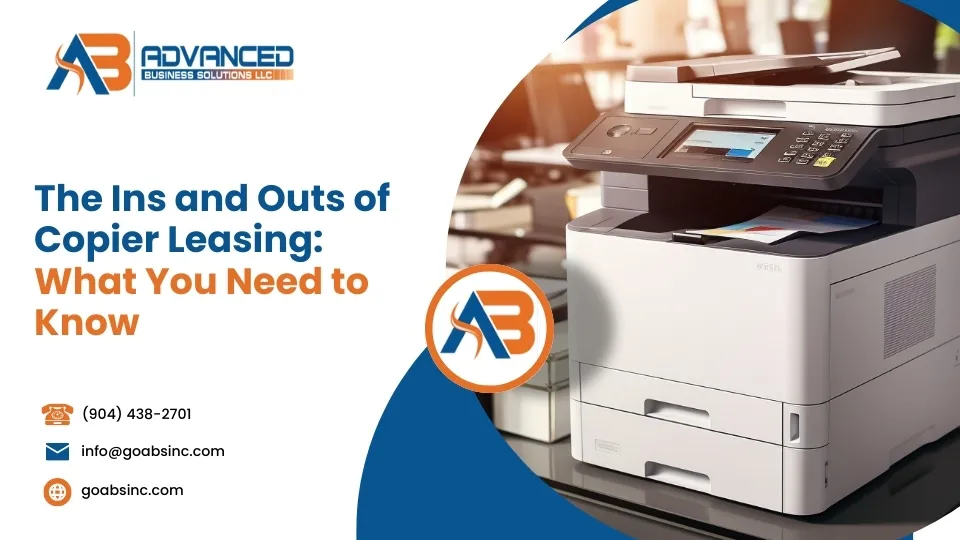

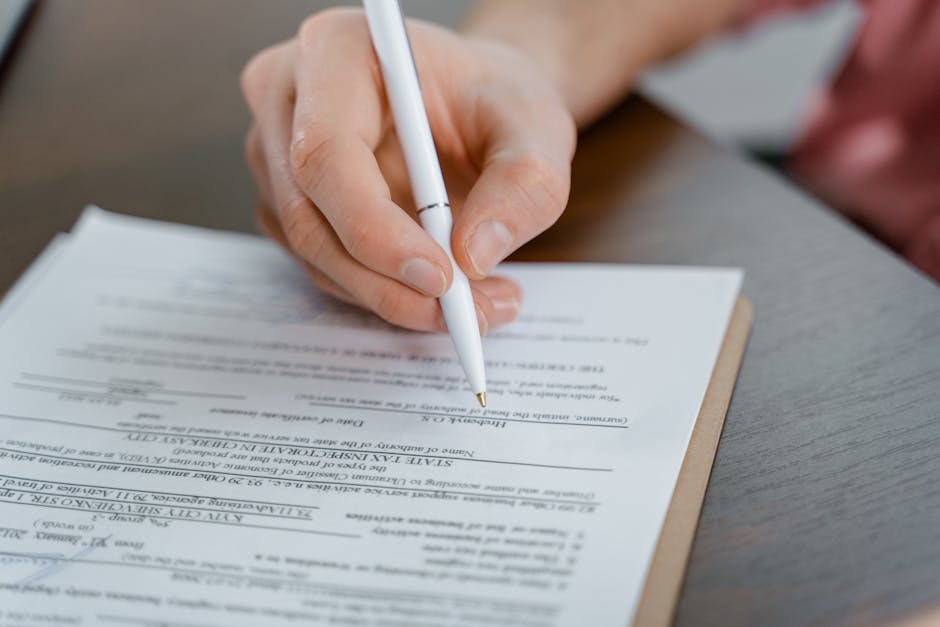

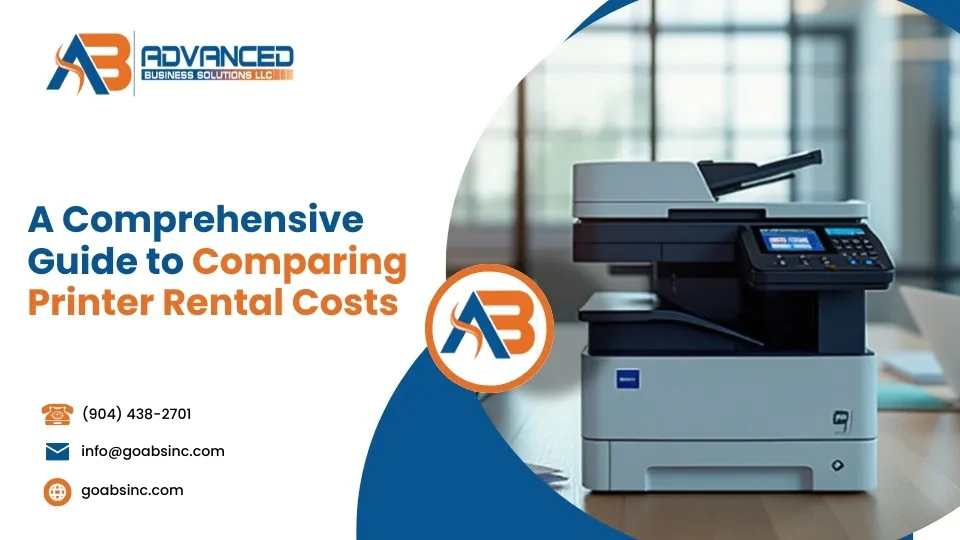
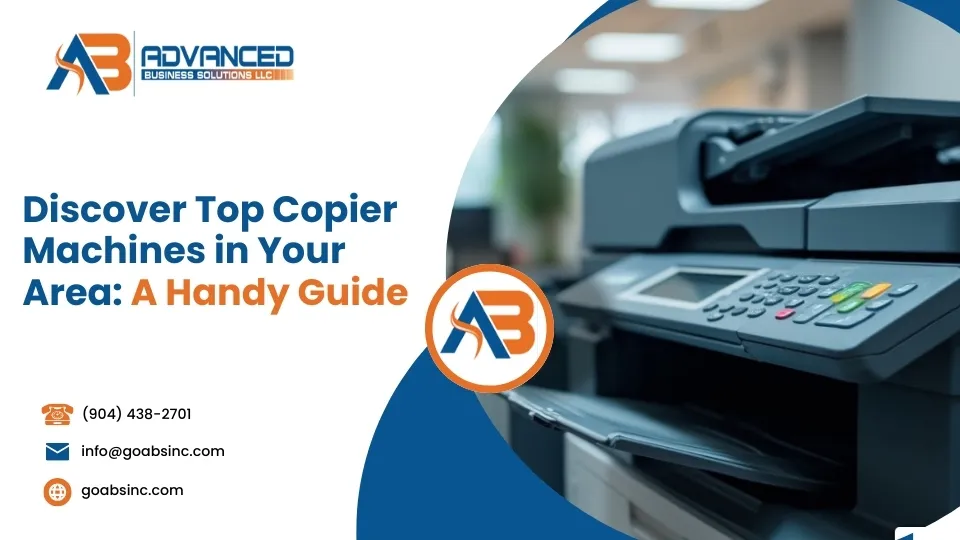
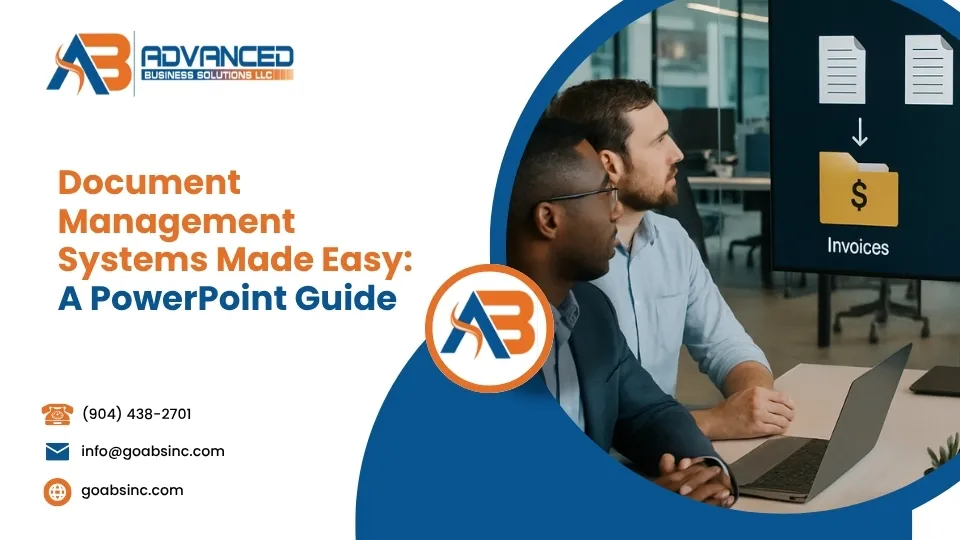
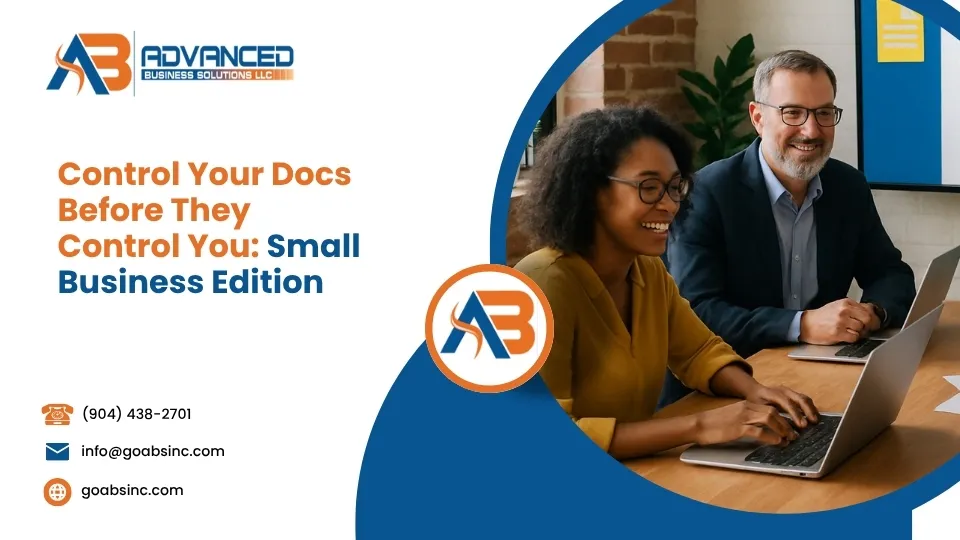
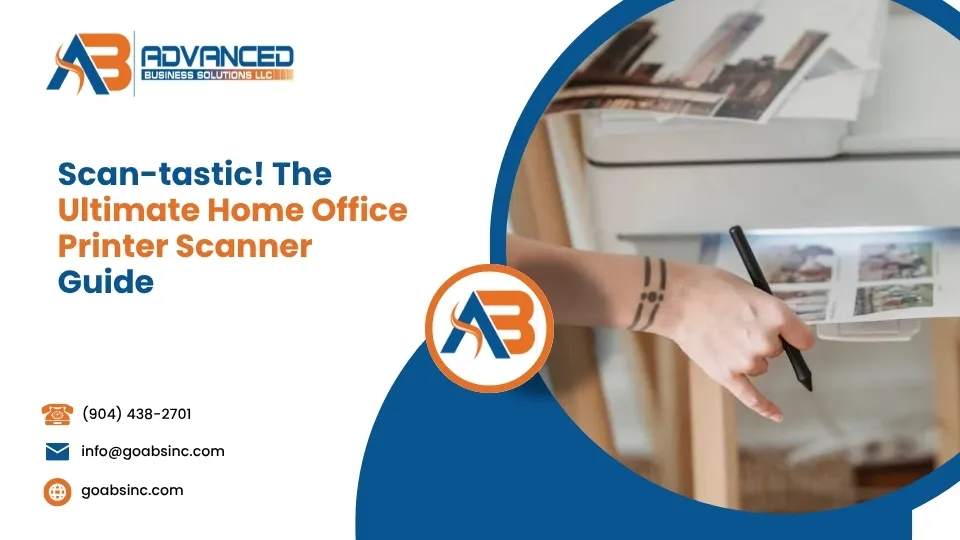
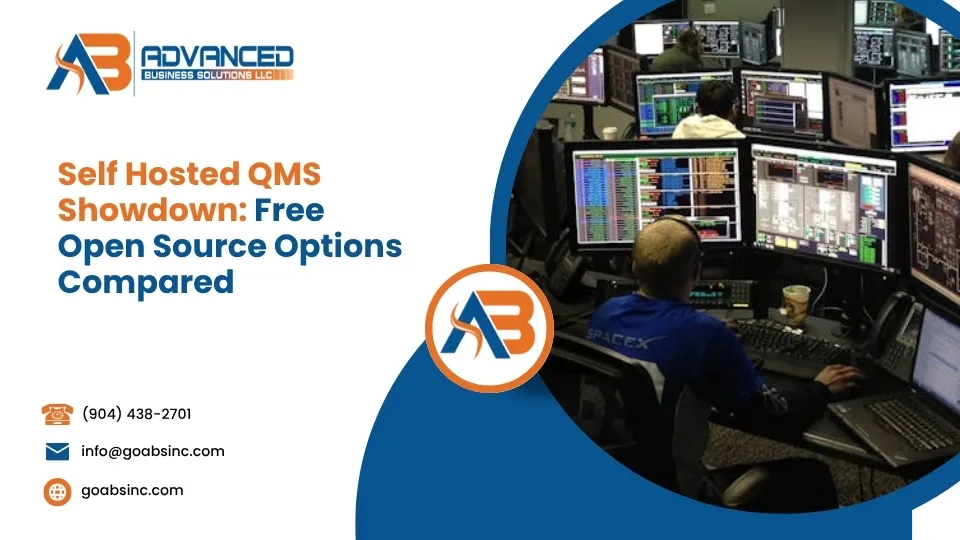
Comments are closed